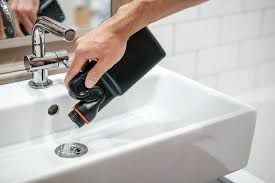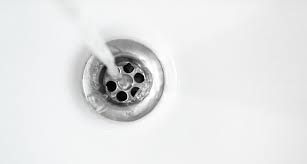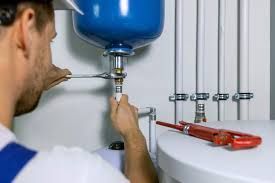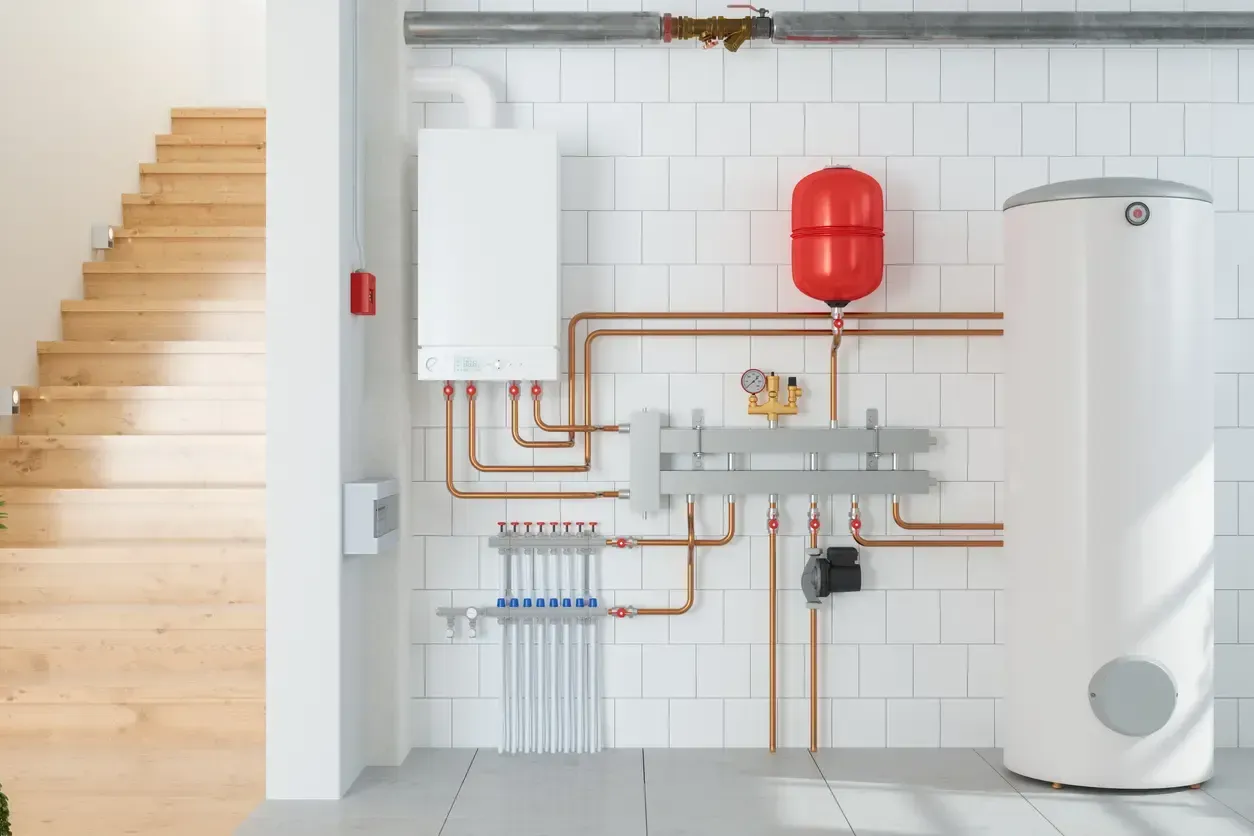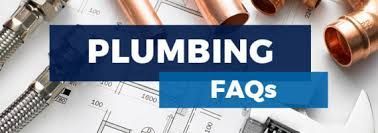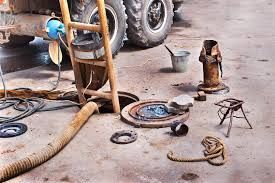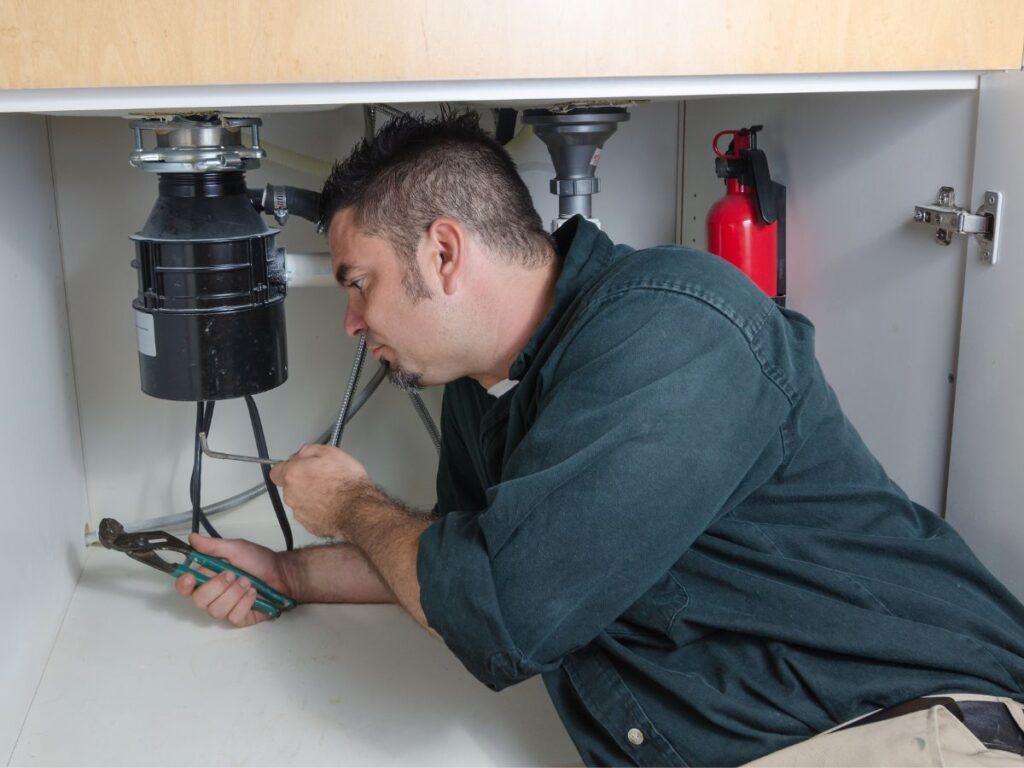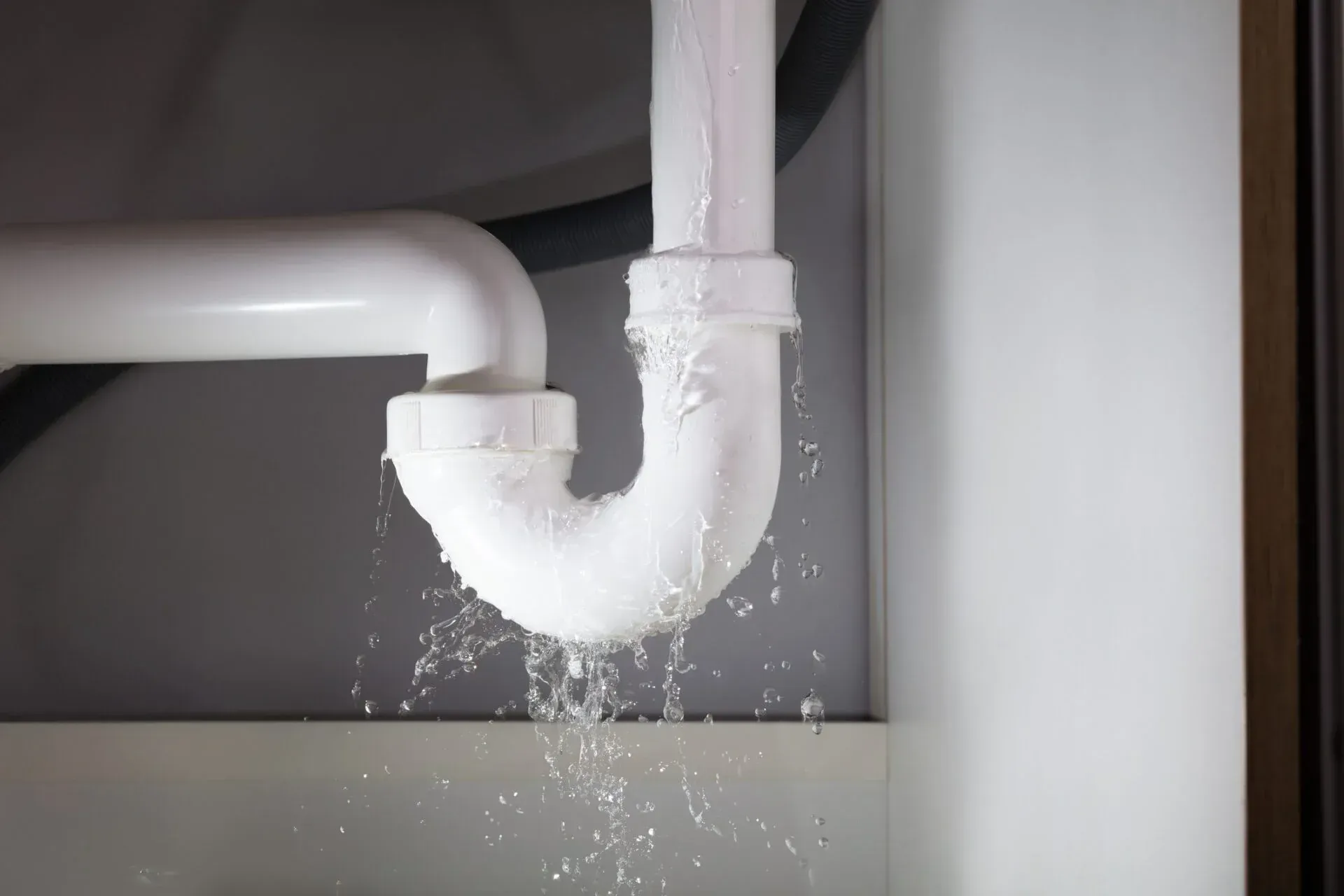3 Causes of Slow-Draining Sinks & How You Can Fix Them
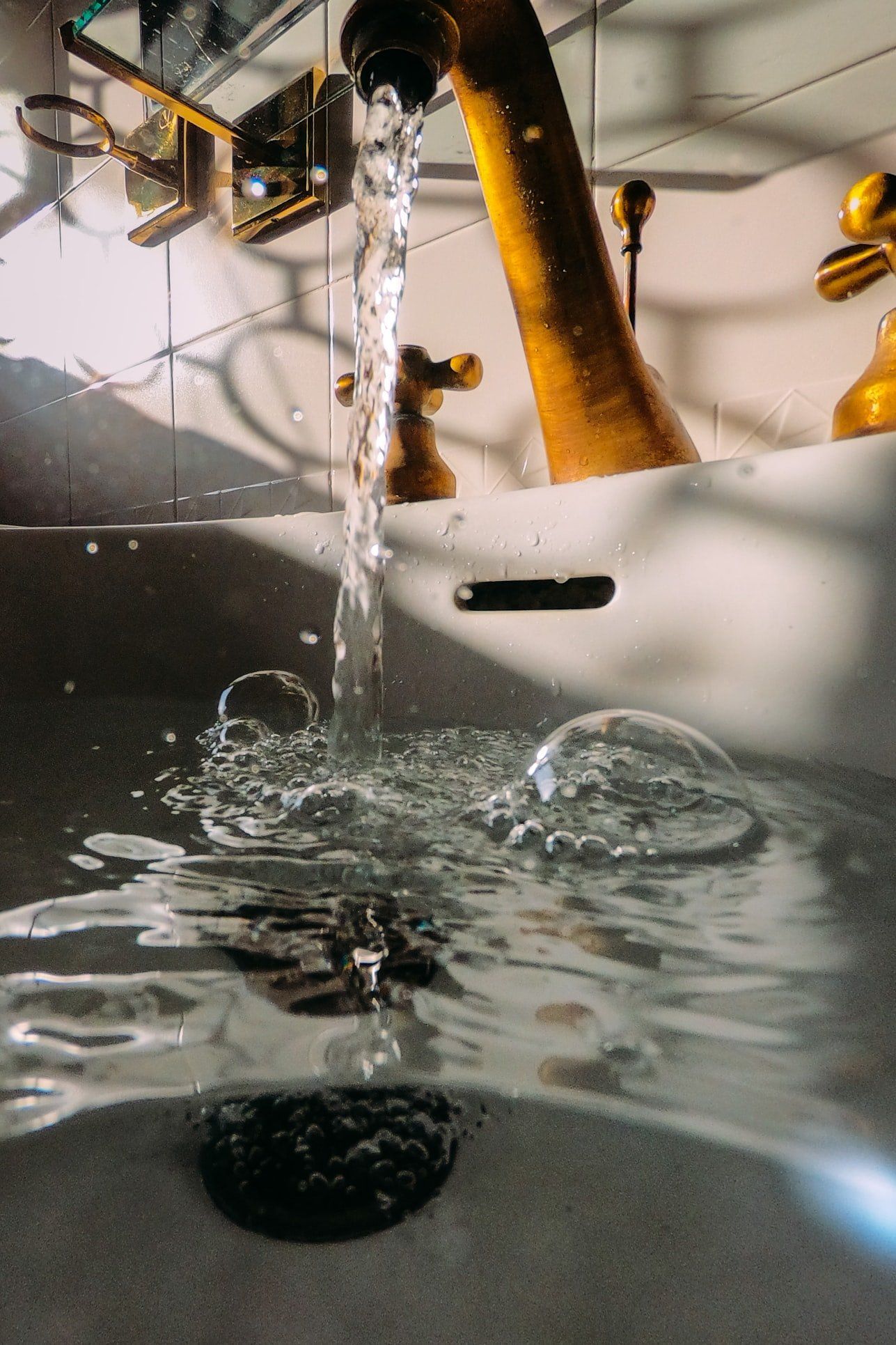
If your sink is draining water slowly, a few different things that could be causing this. This blog post will give you tips on how to fix your slow-draining sink, so water is back to draining as normal. Below are the specific tips that we’ll go over.
What Causes Slow-Draining Sinks?
Plumbing issues need a specific response to ensure that you’re applying a long-term remedy. Otherwise, you could rake up a considerable plumbing bill by using inappropriate solutions. The better you know your problems, the easier you’ll recognize the best answer for your plumbing needs.
These are three of the most common causes of a slow-draining sink:
Mold & Mildew
Mold and mildew are common causes of slow-draining sinks. When the water sits in your sink, the growth of bacteria and mold will continue to build up in your sink drain, causing it to clog. Additionally, organisms that grow in the sink’s drain will often build up and deteriorate which can cause a clog in your drain.
Fats, Oils, and Grease (FOG)
Food clogs are commonplace causes of slow-draining sinks. In fact, foods such as oils and grease will build up in the sink drain and eventually cause it to clog. This clog can be tough to remove, but once removed, it is likely that your sink will drain faster than before.
Algae
Algae is another culprit in slow-draining sinks. Algae will usually grow in sinks with a stronger smell, such as a bathroom sink. These sinks often have a buildup of water in them, allowing algae to grow and develop within the sink.
How Can I Fix a Slow-Draining Sink?
Once you’ve identified what your sink’s issue is, you can then enact the proper plumbing remedy. Below are some of the common ways to fix your slow-draining sink:
Use a Plunger
A plunger is the best way to unclog your sink drain. Plungers work by forcing air through the sink and into the drain, which often clears the sink drain of any clogs. Plungers are very inexpensive and are the easiest way to unclog your sink’s drain.
Use a Drain Snake
A drain snake is a long metal cable attached to a wire cable. You will then insert the metal cable into your sink drain, and after turning the wire cable, it typically unclogs the drain. Drain snakes are very inexpensive, but they can be very difficult to use.
Use a Plumber
A plumber can help if you need help unclogging your sink drain, but they don’t come without a cost. Nevertheless, plumbers are very experienced and will know the best methods to unclog your sink drain.
Bonus: Things to Look Out For
If you have a slow-draining sink, we suggest that you don’t put too much food in your sink at one time, as this can often clog your sink drain. Also, avoid dumping fats, oils, and grease down your sink. Another suggestion is that you try and avoid letting water sit in your sink for extended periods.
If your sink is still draining abnormally, you should contact a plumber.
Let Water Flow
So, what have we learned here? You should have all the insight you need to understand a slow drain in your sink and are ready to take action when necessary. To sum it up, there are essentially just three main reasons sinks drain slowly.
Most of the time it’s a simple fix. However, other situations might require a more skilled hand wielding a wrench. If this is the case, you may need to look for solutions beyond DIY remedies.
All City Plumbers in Birmingham, AL offers all-in-one plumbing services . We can help solve your slow-draining sinks. Contact us!
